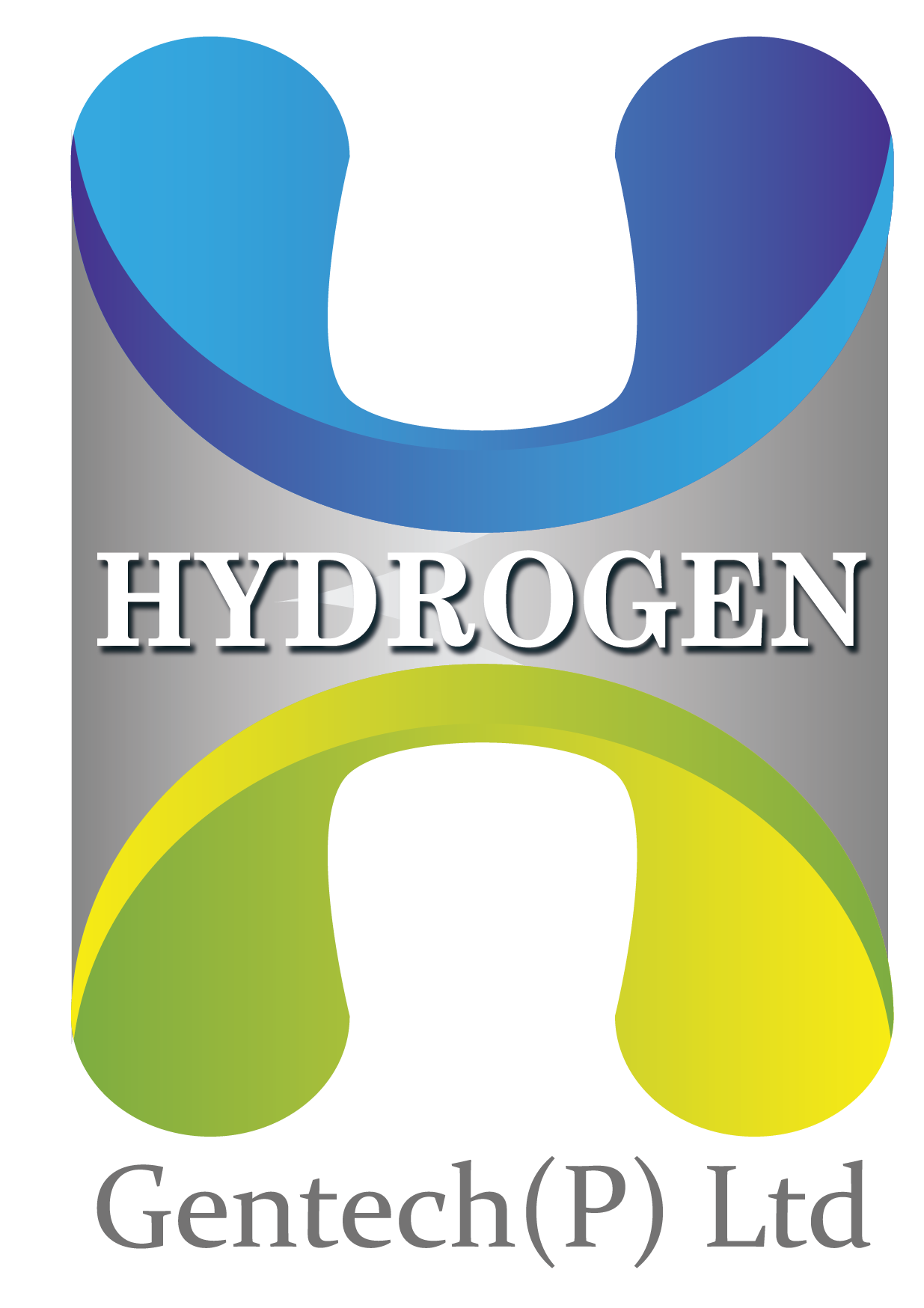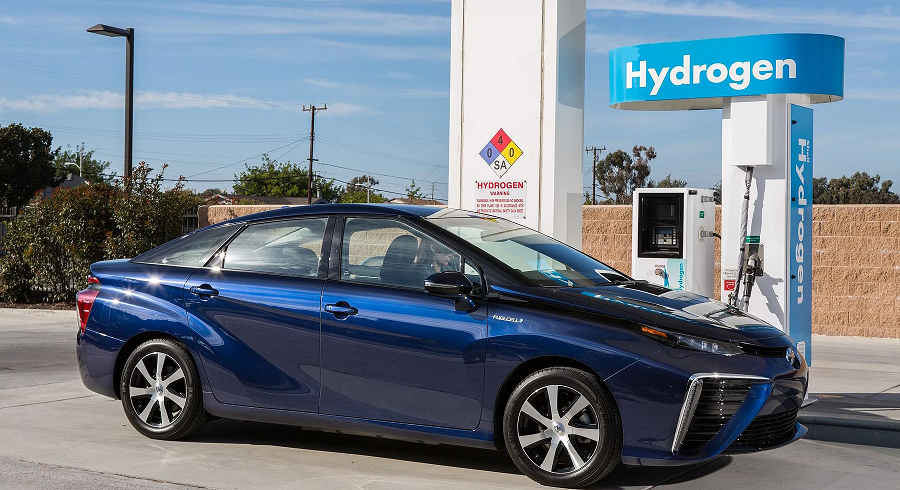In a world where electric vehicles (EVs) are gaining significant attention, Toyota is steadfastly pursuing its vision of a hydrogen-powered future. While many automakers are focusing on battery-powered EVs, Toyota remains committed to advancing hydrogen fuel cell technology. In this blog, we will delve into Toyota’s dedication to the hydrogen dream and explore the potential of hydrogen-powered vehicles in a rapidly evolving automotive landscape.
Toyota’s Hydrogen Vision:
Toyota has been a long-standing advocate of hydrogen fuel cell vehicles (FCVs). The company firmly believes that hydrogen, with its abundance and potential for zero-emission energy, can play a crucial role in decarbonizing the transportation sector. Toyota’s commitment to this technology is evident through its development of the Mirai, a hydrogen fuel cell car that showcases the company’s dedication to innovation and sustainability.
The Advantages of Hydrogen Fuel Cell Vehicles:
Hydrogen-powered vehicles offer several advantages over battery-powered EVs. Firstly, they provide longer driving ranges, eliminating range anxiety for drivers. Refueling a hydrogen vehicle is also quicker compared to charging an electric vehicle, as it takes just a few minutes to fill a hydrogen tank. Additionally, hydrogen fuel cells can be used to power various other applications, such as buses, trucks, and even stationary power generation.
Overcoming Challenges:
While the potential of hydrogen fuel cell vehicles is promising, there are challenges that need to be addressed. One key hurdle is the lack of hydrogen infrastructure, including refueling stations, which limits the widespread adoption of FCVs. However, Toyota is actively collaborating with governments, energy companies, and other stakeholders to expand the hydrogen infrastructure network, making it more accessible to consumers.
Hydrogen as a Green Solution:
Toyota’s pursuit of hydrogen is driven by its commitment to sustainable mobility. Hydrogen fuel cell vehicles emit only water vapor as their byproduct, making them truly zero-emission vehicles. Additionally, hydrogen can be produced from renewable energy sources, such as wind and solar power, further enhancing the environmental benefits of this technology.
Collaboration and Future Outlook:
Toyota recognizes that the success of hydrogen technology relies on collaboration with industry partners and governments. The company actively promotes cooperation and encourages the development of a hydrogen society. By sharing knowledge, investing in research, and fostering partnerships, Toyota aims to accelerate the adoption of hydrogen fuel cell vehicles and establish a sustainable future for mobility.
While electric vehicles dominate the headlines, Toyota’s unwavering pursuit of hydrogen fuel cell technology demonstrates its commitment to alternative, sustainable solutions. The potential of hydrogen-powered vehicles to address range limitations, offer quick refueling, and provide emissions-free transportation makes them a compelling option. As Toyota continues to advance its hydrogen dream, the automotive industry awaits the realization of a hydrogen-powered future that complements the growing electric vehicle landscape.


